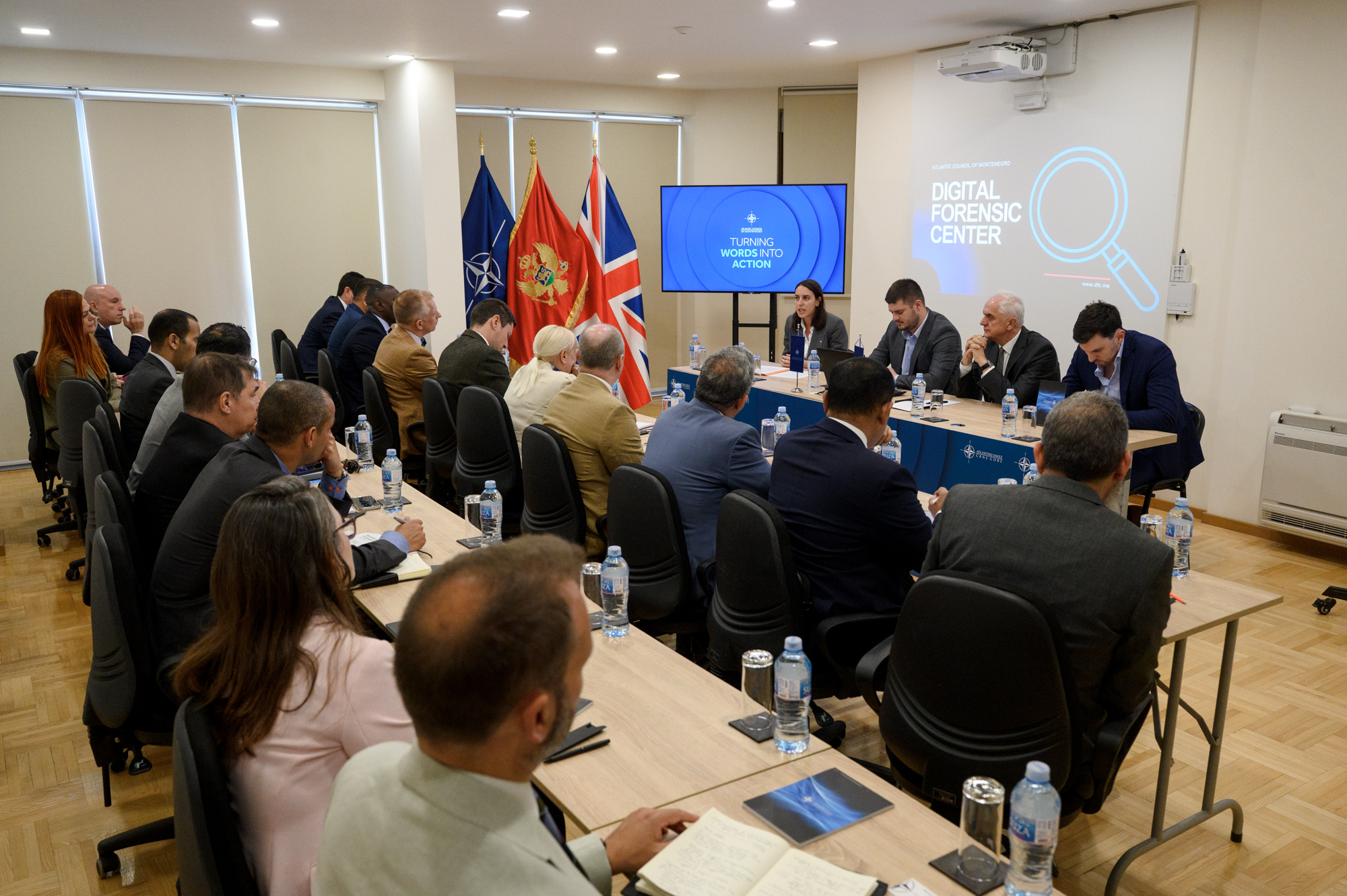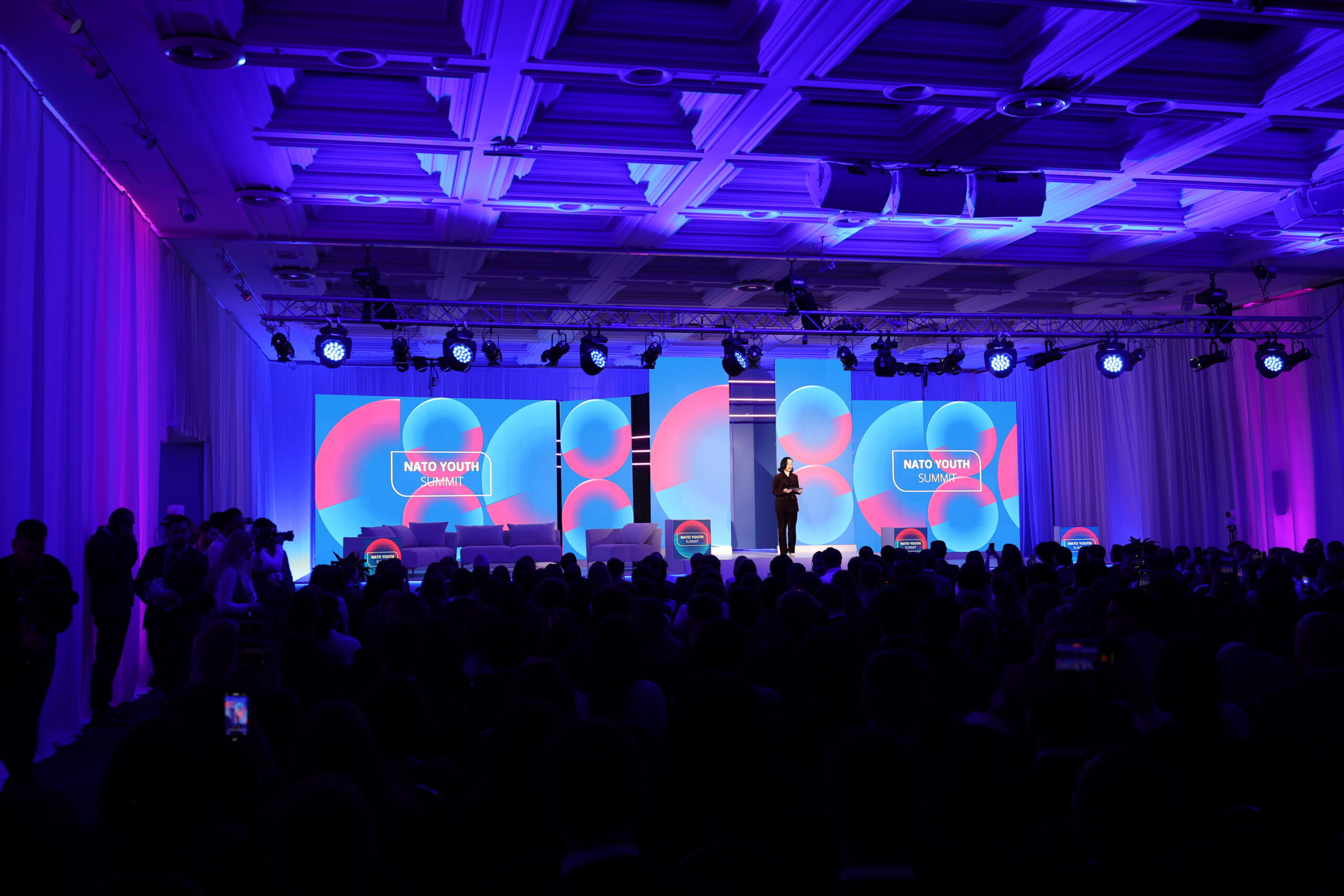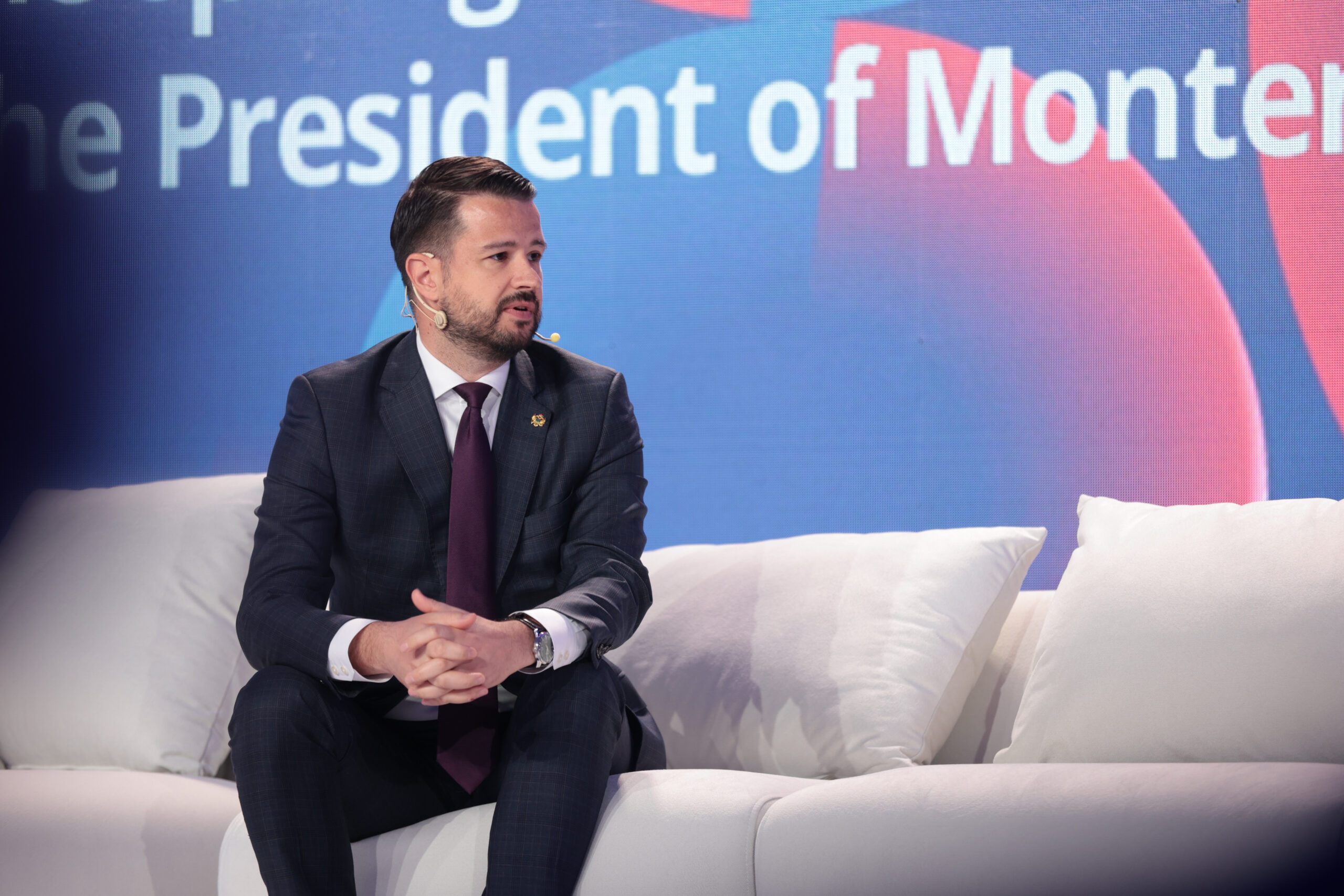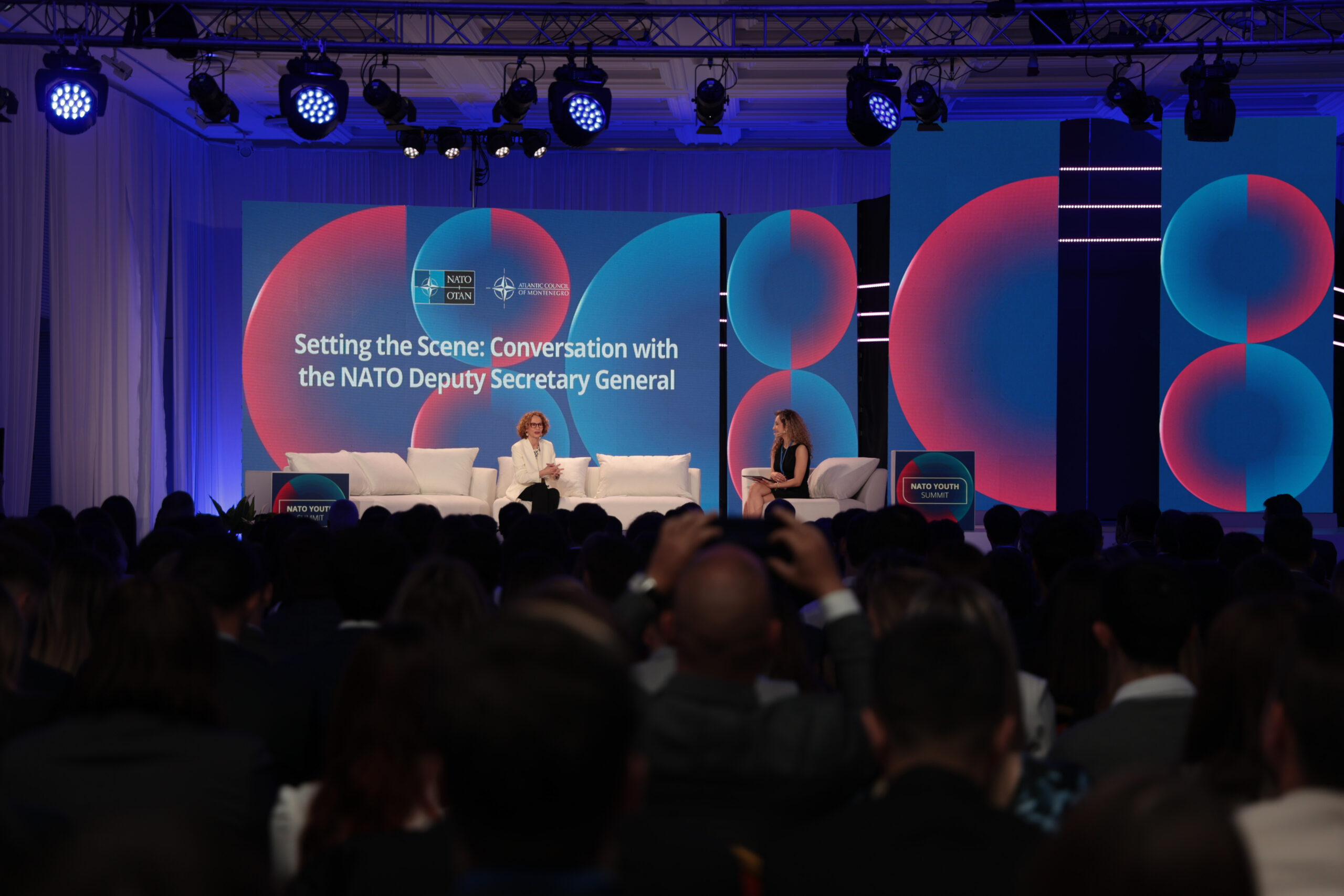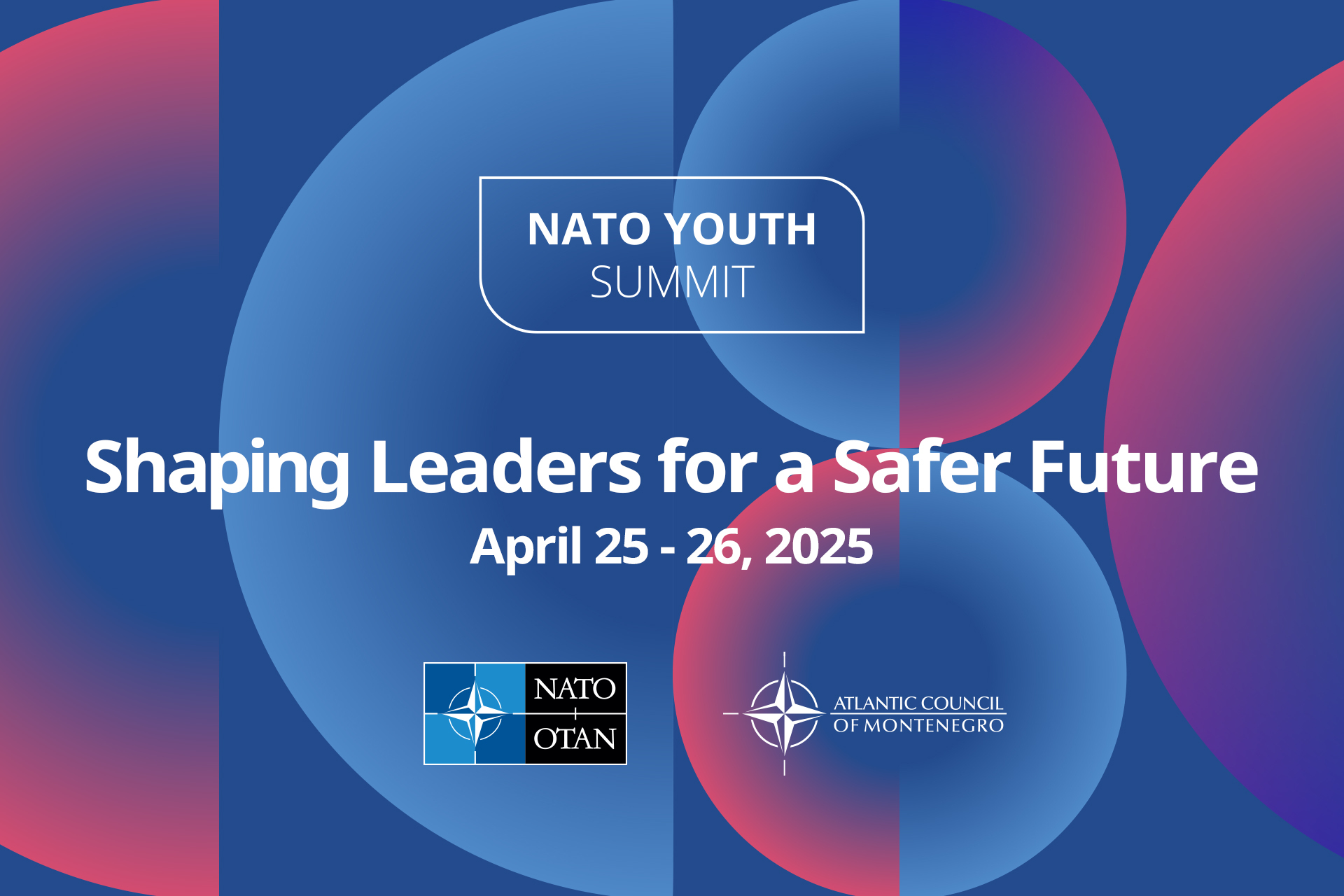PANEL IV: “DISINFORMATION IS A NEW INFORMATION?”
Disinformation in the world cannot be stopped, and it is impossible to control anything that is published on the Internet, so funds should be invested in defence of hybrid information, it is said at the panel “Disinformation is a new information”. Communications specialist Kateryna Kruk spoke about the situation in Kyiv’s Maidan, and explained that Ukraine, when it comes to war information, is not part of the problem, but part of the solution. Russia, she believes, does not use fake news to increase “soft power”, but to take advantage of conflicts. She also believes that the football World Cup, to be held this year in Russia, should be boycotted. Boris Reitschuster, German journalist, agreed with her saying it is necessary to build the trust in media, and stating that it is necessary to find algorithms that would identify suspicious sources of information.
Senior Fellow and Director of the Russia Program within CEPA, Brian Whitmore, says that we need to understand that disinformation war does not exist in a vacuum. Speaking about the Law on Facebook in Germany, Whitmore says that it is necessary to regulate the functioning and the use of Facebook. The problem is not only in media literacy, he believes, but the problem is in education as well. Senior Officer for Russia and the Western Balkans from NATO’s Public Diplomacy Division, Robert Pszczel, believes that the role of traditional media is important, but does not support media control. Speaking of what should be done in NATO to help countries fight fake news, he said that it is necessary for all countries to be on the same level.
PANEL V: „EXPLORING THE RELIGION-POLICY/SECURITY NEXUS”
Panelists pointed out that the dialogue is very important, and that religion is actually ad peace in the world, although certain extremist groups send different messages to religious dignitaries.
Minister of Foreign Affairs of BiH, Igor Crnadak, says that linking religion and security makes sense, stating that he is optimistic regarding messages of representatives of religious communities, panel participants, on their contribution to peace and stability. He said that he cannot accept the assessment that there is a large gap between the three entities in BiH, but he believes that 23 years after the war, there should be more trust.
Bishop of South America and Buenos Aires, Kirilo Bojović, said that the role of religious communities and the Orthodox Church is significant from the aspect of security. According to Bojović, the church is a factor in preventing and deterring people from violence. Bojovic says he sees no danger to Montenegro when it comes to inter-religious hatred. He referred to Kosovo, stating that the Serbs there are in an absolutely unequal position. Bojović believes that terrorism cannot be identified with Islam, since it is more about the psychological problem of an individual.
Bishop from BiH, Monsignor Tomo Vukšić, believes that secularism has failed, stating that from the perspective of Christianity, violence never had any legitimization. Comparing BiH with the barrel, Vukšić said that the state is held together more closely by foreign hoop than cohesion forces from within.
Reis of the Islamic Community in Montenegro, Rifat Fejzić, said that the world has become a small village, and that the rapid flow of information has made everything available from one end of the world to the other. He dismissed linking of Islam with terrorism in the world, stating that no religion or people can be identified with terrorism and warned that most Islamic offenders come from the West, where they, according to him, have learned such behavior.
Visiting Fellow at the European Council on Foreign Relations, Fatim-Zohra El Malki, says that the messages sent by extremist groups are not the ones sent by religious dignitaries. “Islam should be treated like any other religion or tradition,” says El Malki, pointing out that Islam is as rational as any other religion.




